Explore the different types of peccaries found in Costa Rica, as well as their importance in the local ecosystem, habitats, behavior, and social structure.
GVI
Posted: May 10, 2023

Posted: June 24, 2022
Looking for a job is no easy task, and a career in conservation is arguably one of the toughest to land.
While a passion for safeguarding the environment is a good start, it can be difficult to figure out the exact line of work you want to pursue, or how to enter the industry.
So we’ve listed some options to help you begin a career in conservation.
Field guides are wildlife experts. They’re all about guiding people through natural environments and helping them to understand the ethical practices that should be applied there.
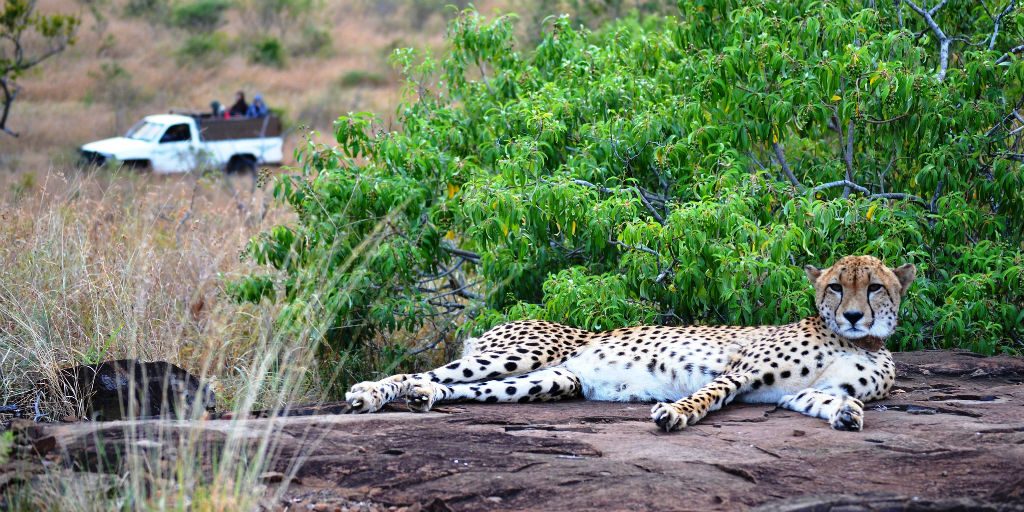
Starting a career in conservation by completing a field guide internship is a great way to transform theory into practice under the guidance of experts in the field.
There’s even the opportunity to enrol as a safari field guide intern, or sharpen your research skills by interning in wildlife conservation and research.
Your days will be spent in the African bushveld, and at night, you’ll get to enjoy sitting around a campfire under the stars.
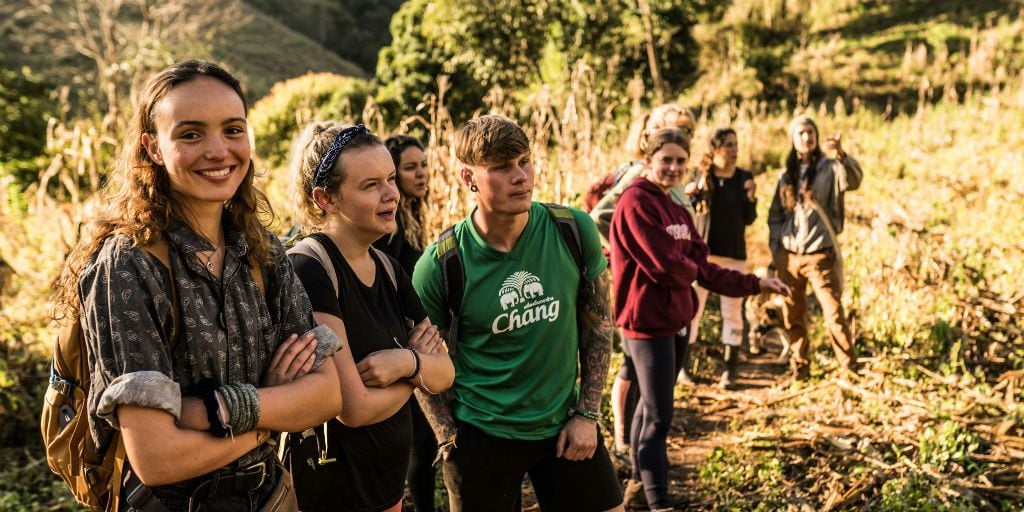
A career in conservation could be about organising volunteer work and free-time trips for those volunteering abroad. You could manage volunteer projects that involve working with elephants in Thailand, working towards marine conservation goals in Mexico, or assisting with ethical safaris in South Africa.
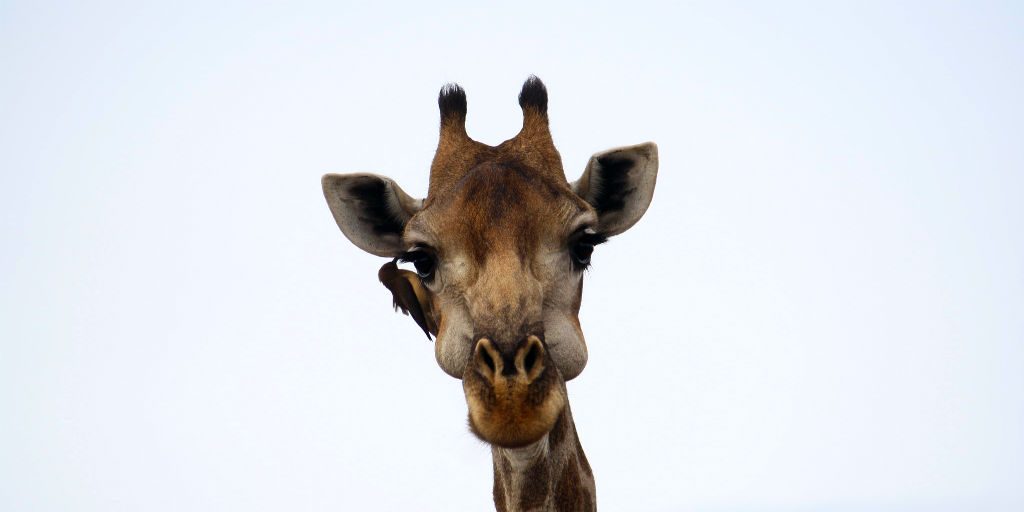
Working for national parks is a fantastic way to spend time in nature, while contributing to its preservation.
Wildlife conservationists work with animals, big and small. You may be monitoring animals to collect data for conservation records – which helps to improve our understanding of wildlife. You could also find yourself caring for animals, ensuring their health and well-being on a day-to-day basis.
And, because animals can inhabit lots of different environments, a job in wildlife conservation can take you all over the world.
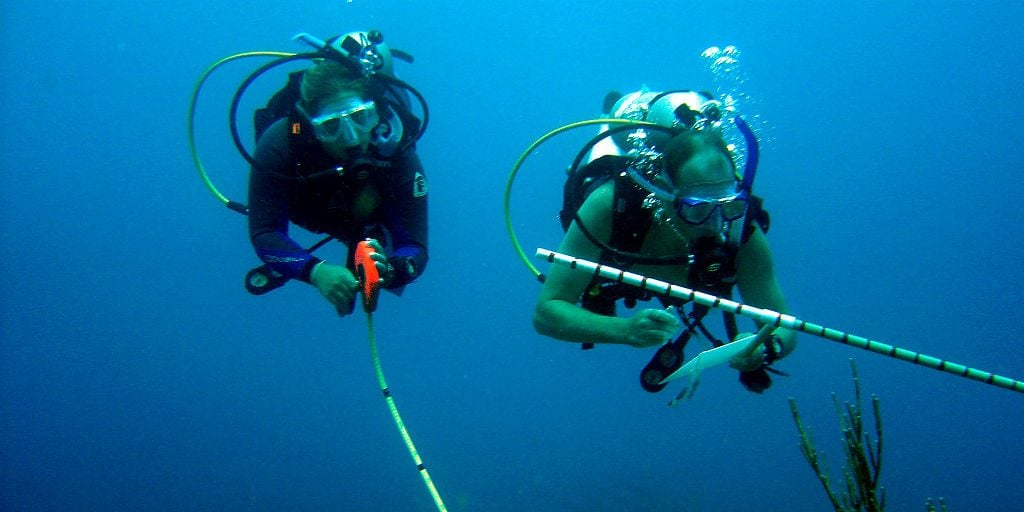
The world’s oceans benefit greatly from marine conservationists, with more and more sea animals coming under threat from challenges like pollution,the unrestricted development of coastlines, and unsustainable fishing practices.
Diving into marine conservation could mean surveying coral reefs in Fiji, assisting turtle hatchlings taking to the sea in Greece, or identifying fish for marine conservation records in Seychelles.
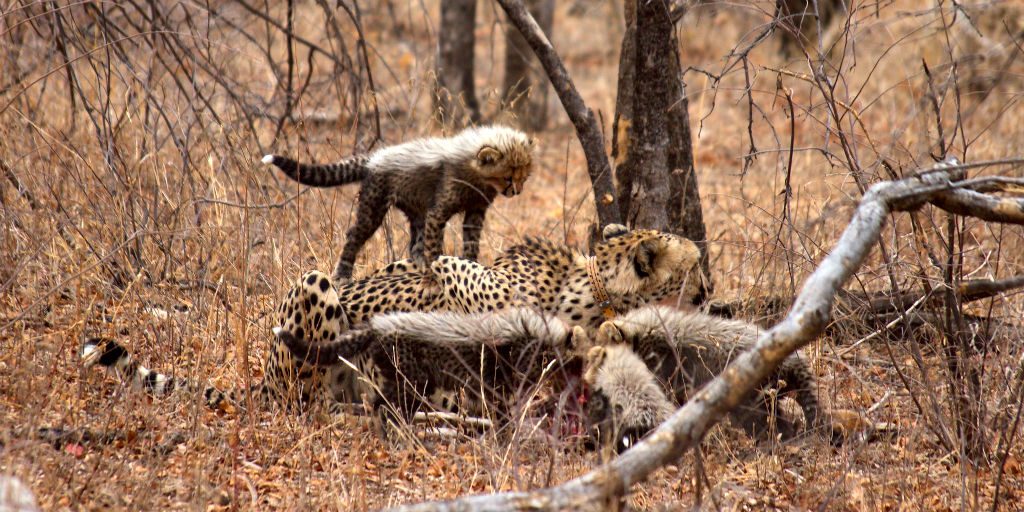
If you’re fascinated by the research that goes into conservation work, then a job in ecology may be just what you’re looking for.
Ecology is all about studying plants, animals and their environments, and understanding how they work together. It’s easy to see how this is a key part of any type of conservation!
Work environments are diverse and could include setting up cheetah-monitoring devices in a wildlife conservation park in South Africa or diving to survey coral reefs in Mexico.
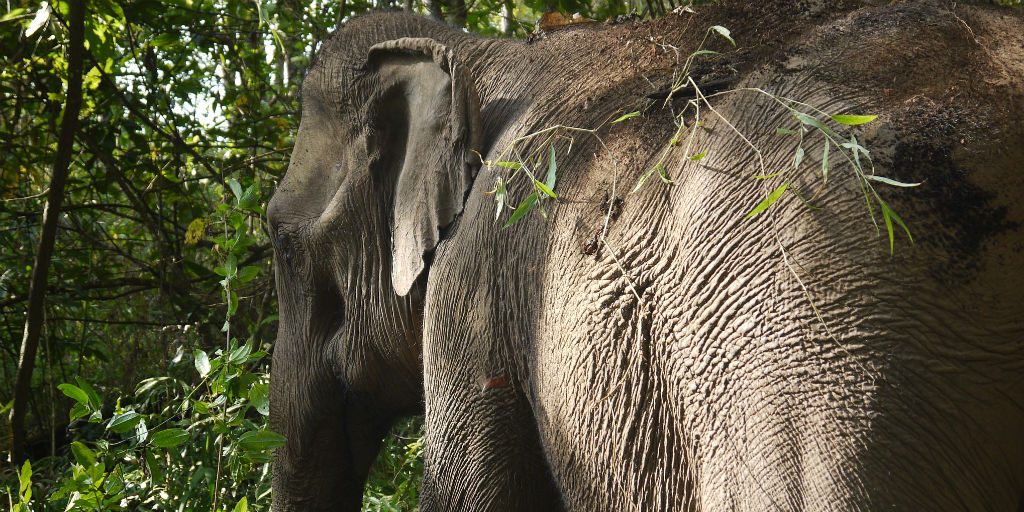
While conservation jobs give you the chance to work with animals every now and again, working towards animal care is one way that you can work with animals every day.
Working with elephants in Thailand is an interesting way to make a positive impact in the field of animal care. Many Thai elephants have been reintegrated back into their natural environments and ways of life.
These semi-wild animals are monitored and cared for, with help from community members, to ensure they are comfortably reorientated to life in the wild.
Skilled professionals who ensure animals stay within their natural environments and have the best chance at survival are at the heart of this line of conservation work.
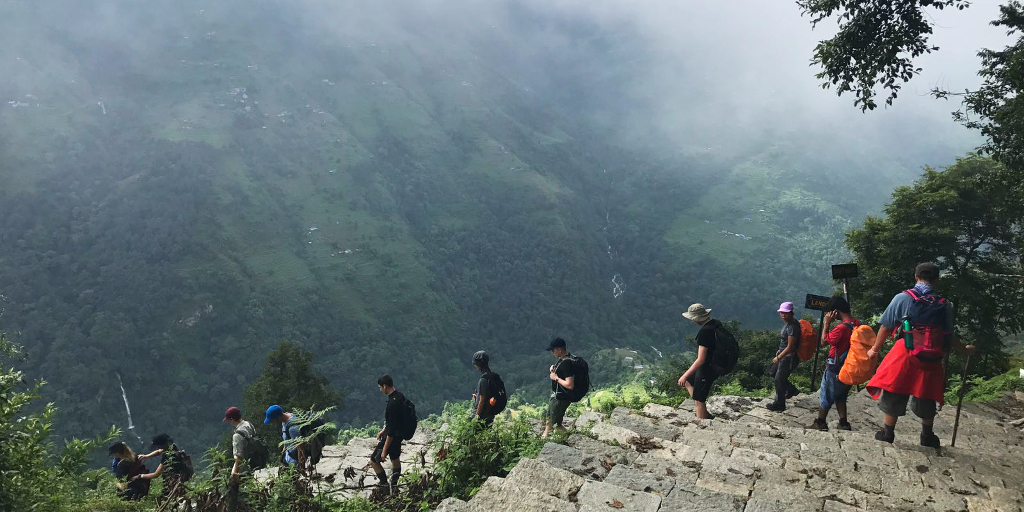
All life on Earth is affected by climate change. In order to safeguard natural environments and animals, we need to have more climate awareness.
It can be difficult to grasp climate concerns, let alone know how to contribute in a positive way. But in recent years, more opportunities to do work that focuses on climate awareness have become available.
Global public health projects focus on assisting communities in understanding how healthy environments promote human health, and how humans affect the environments they live in. This may mean conducting research to support educational initiatives in Cambodia.
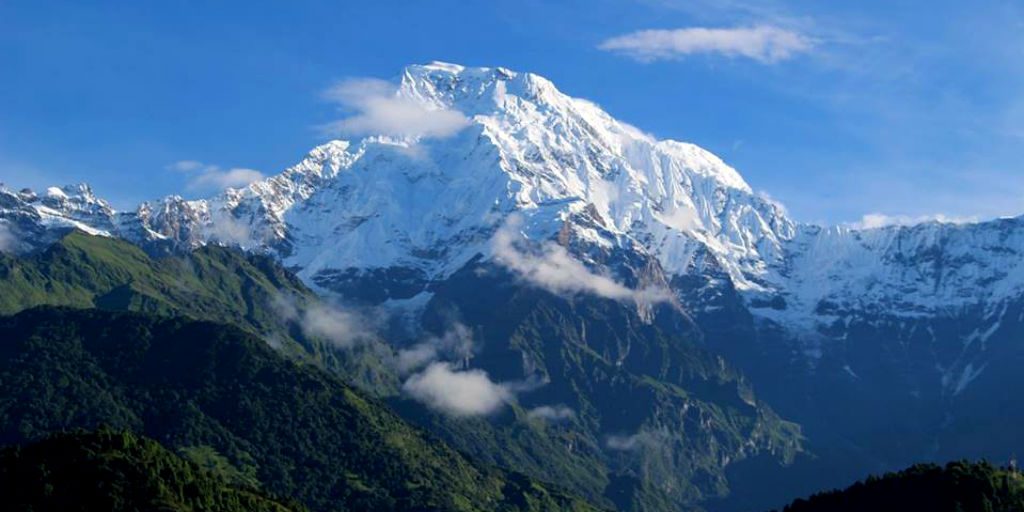
Responding to on-the-ground needs after a natural disaster is essential to ensure the well-being of communities. As a responder to environmental disasters, the contribution you make could be the difference between life and death for community members.
This line of work requires flexibility and the desire to take on short-term positions that are incredibly impactful.
Projects that focus on community development all year round can address the long-term effects of natural disasters.
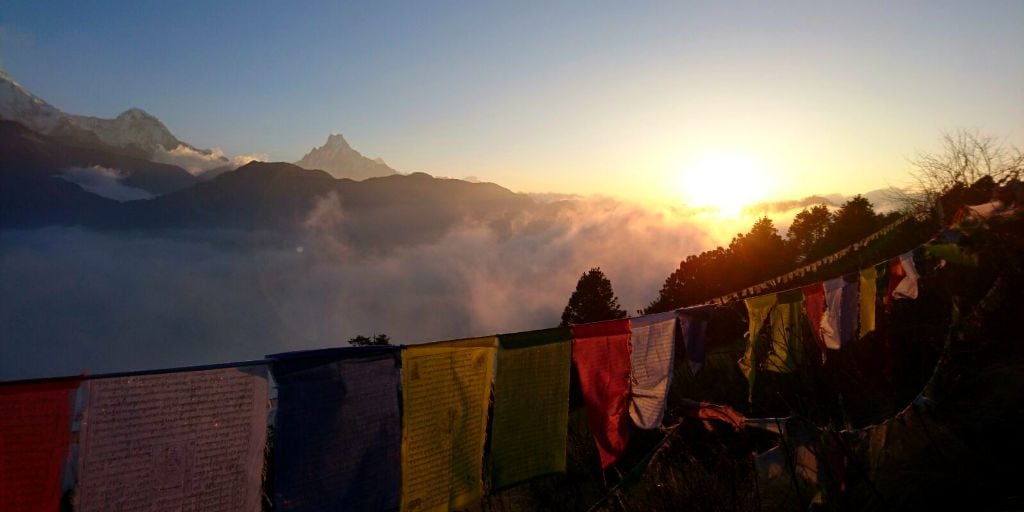
For example, a 7.8 magnitude earthquake in Nepal, in 2015, shook the ground between Kathmandu and Pokhara, destroying infrastructure and impeding access to natural resources such as water.
Community development projects in Nepal include women’s empowerment opportunities that assist women in improving their employability and success in the future.
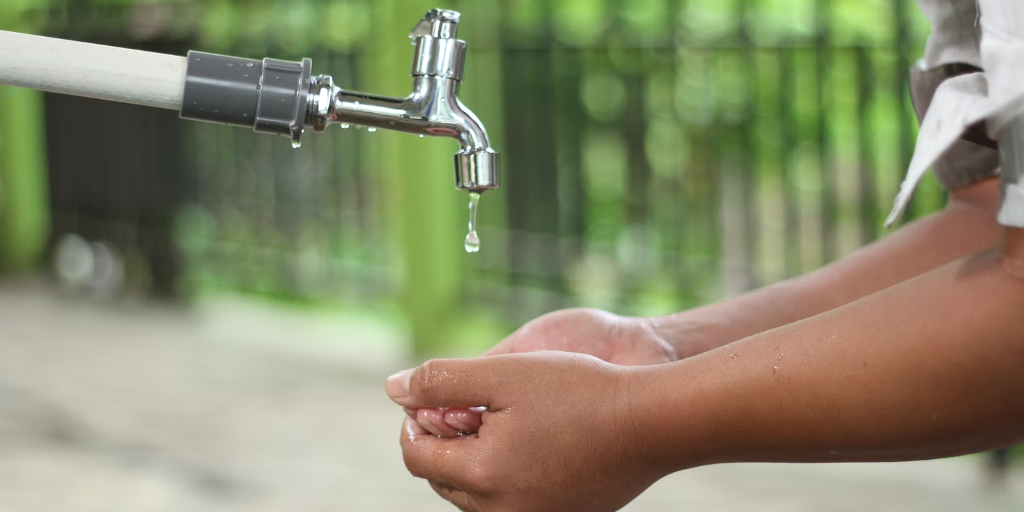
Original image: by Gallery DS from Unsplash
Since all aspects of life rely on water – wildlife conservation, marine conservation and even public health – it’s only logical to keep water conservation at the core of every career working towards an improved world.
We need skilled professionals managing our water reserves just as much as we need the water itself.
There’s the hands-on construction of water receptacles – providing more communities with potable water – education around the necessity of water conservation, and the analysis of water use in order to make more informed decisions about where to use this precious resource.
You could gain experience in this field by taking part in a community development program focused on water, sanitation and hygiene in Fiji.
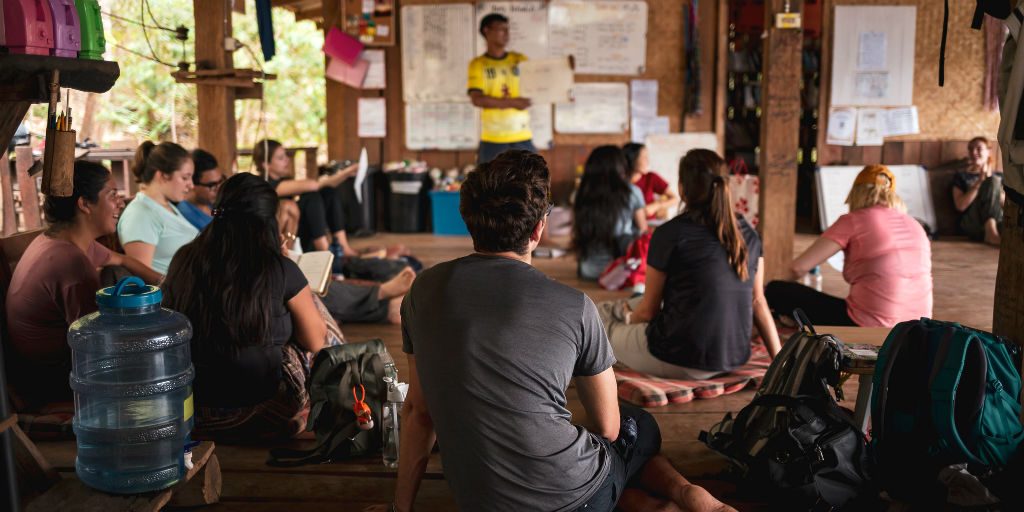
Without organisational operations staff, conservation projects would fall flat. With so much going on in the world of conservation, it only makes sense to have individuals dedicated to making sure that things run smoothly.
An island communications and social media internship in Seychelles could consolidate your marketing skills. Or, you may be more interested in community development projects that allow you to add to your communications skills in a meaningful way. Either way, you’ll get the opportunity to hone your conservation business acumen with the added benefit of being abroad.
Check out our wide range of award-winning internship opportunities abroad that can help you make a meaningful start towards a career in conservation.
Disclaimer: The images in this article were taken pre-COVID-19
Explore the different types of peccaries found in Costa Rica, as well as their importance in the local ecosystem, habitats, behavior, and social structure.
GVI
Posted: May 10, 2023